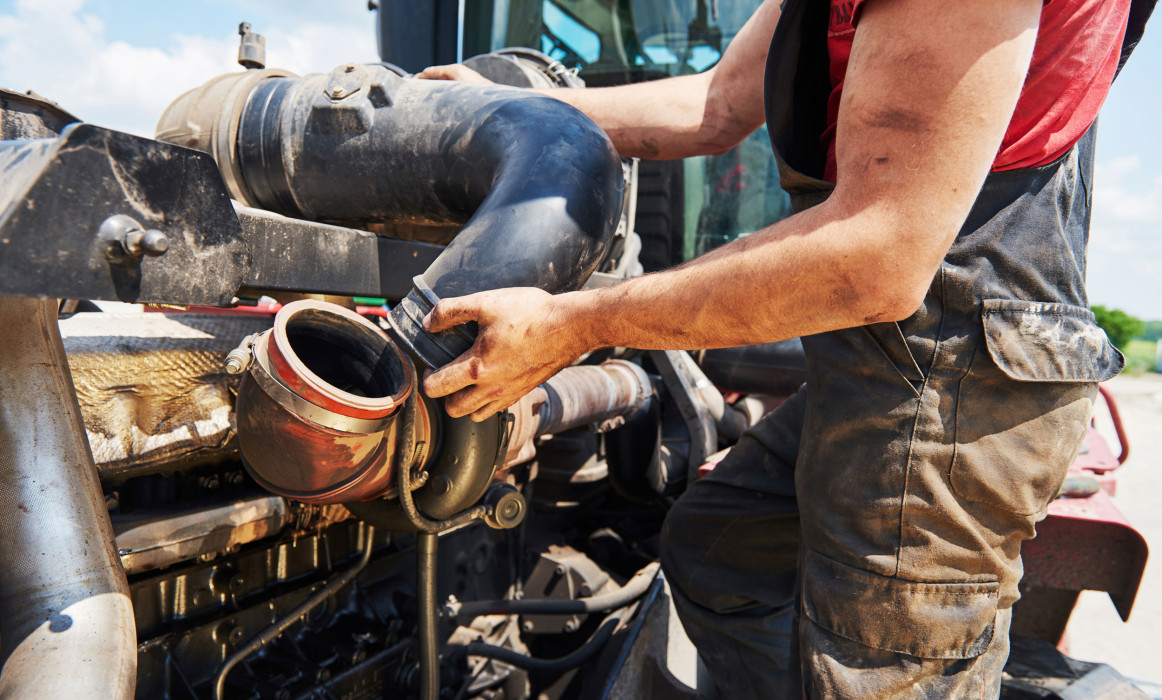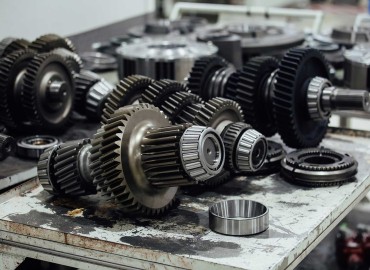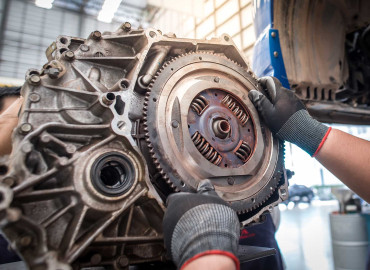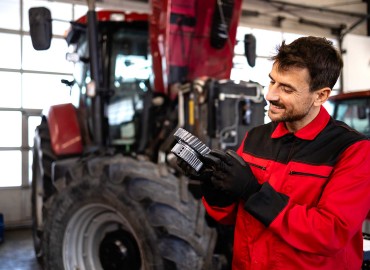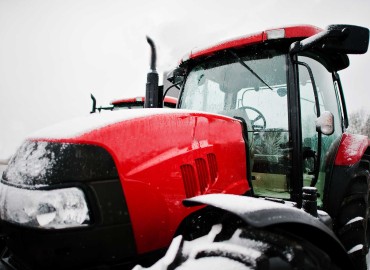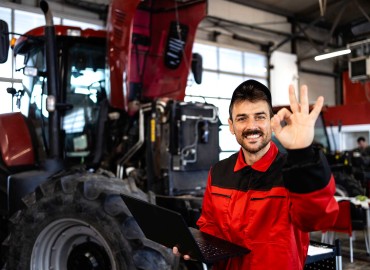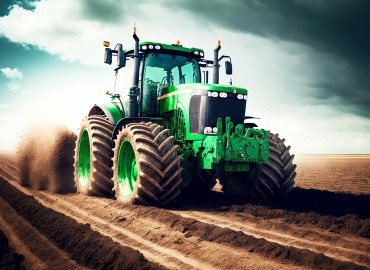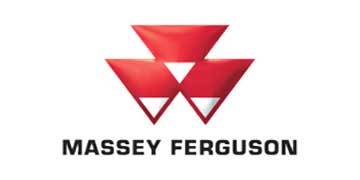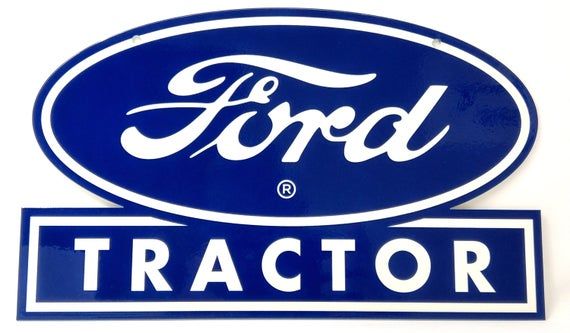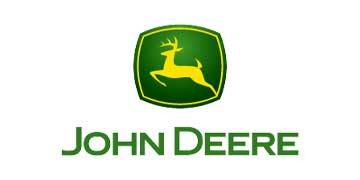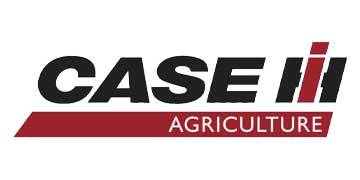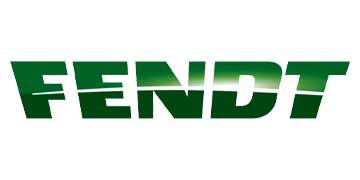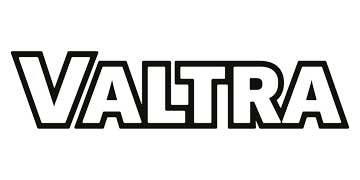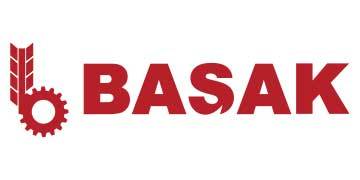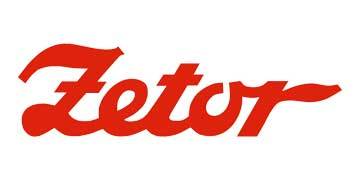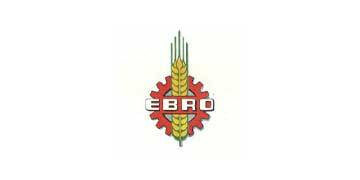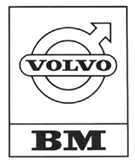Tractor is a worthwhile investment. For this reason, it is very important that it is in perfect condition and ready to work. In other words, it must be well-maintained. Therefore, in order to keep your tractor in top condition, you need to consider some recommendations.
What You Can Do to Keep Your Tractor in Best Condition
You can perform tractor maintenance and keep your tractor in top condition by following the recommendations below.
General Inspection
Maintenance work must begin with observation. Therefore, you should examine the tractor in detail. You should look out for any damage, wear and cracks, leaks and other visible issues.
After making sure you have carefully inspected all parts and inspected all parts of the machine, you should inspect the engine. During the engine inspection, you should check for abnormal conditions such as disconnected pipes or worn parts.
It would be best to do the inspection at regular intervals.
Regular Cleaning
Dirt, dust and dirt getting into moving parts can cause tractor damage. But you don't have to worry. Because it is normal for parts to get dirty. Therefore, you need to clean your tractor regularly.
You can stop your tractor on rubber tracks while cleaning the tractor. You should use steam or compressed air to clean dirty parts and recommended degreasers to remove accumulated oil. When you are done, you must make sure that all the safety symbols and stickers are visible.
Checking and Changing Tractor Filters
There are many filters in the tractor engine that keeps the contaminants in the system. These filters should be checked regularly. If the filters are so worn that they cannot function properly, they must be replaced. It is best to check the following filters with each inspection:
- Air filter: Prevents dust and dirt from entering the engine. It should be cleaned regularly, especially during dusty seasons.
- Fuel filter: Prevents contaminants from entering the fuel system. Metal fuel filters can be cleaned and reused. However, nylon and paper filters should be replaced when they become dirty.
- Oil filter: It prevents dirt, sludge and dirt from entering the oil supply of the engine. It should be cleaned at every oil change.
- Transmission filter: It traps the contaminants that circulate in the transmission fluid and prevent the transmission from running smoothly and efficiently.
- Hydraulic filter: It prevents clogging of hydraulic fluid due to dirt. A blockage can slow down the system and damage the tractor. Therefore, it should be replaced immediately when necessary.
Checking Tractor Tire Pressure
Tractor tires should be kept at the recommended pressure. If you do not know the recommended pressure value, you can have information about the subject by looking at the technical information document of the tires or by consulting your dealer.
Checking Lubrication Points
Lubrication points are where oil is applied to moving parts such as bearings, gears and sprockets. Lubrication points ensure the smooth operation of these parts. Therefore, if these points are not properly lubricated, the tractor may break down. If proper lubrication is made, the service life of important engine parts such as belts and chains can be extended.
When checking the lubrication points, it is essential to look for signs of wear or damage, such as cracks or corrosion, near the area where the oil is applied. If you notice any symptoms, the relevant parts should be replaced immediately. It's a good idea to check the tractor's nuts and bolts when checking the lubrication points.
Checking If Tractor Engine Cooling System Is Working Properly
The engine cooling system of the tractor is a very important system. However, the most wear-resistant part is the cooling belt. That's why it's important to routinely check that it's working properly.
It is also extremely important to ensure that there is sufficient coolant in the system. In case of low level, it should be filled appropriately. Before going to the field, it should be checked whether the tractor has the appropriate level of cooling water. If the coolant is not enough and if it is not intervened immediately, the engine will overheat. This can cause irreparable damage.
 en
en  tr
tr 
